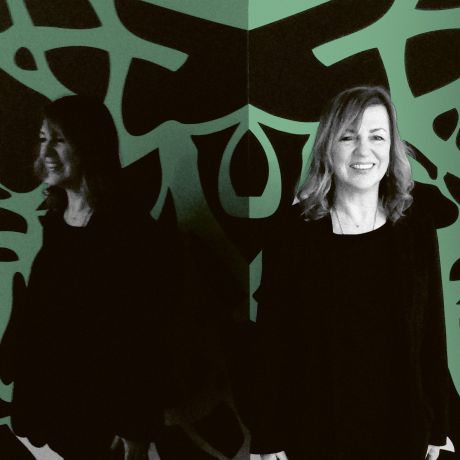
In the smartphone
Brussels mag N°16
Portrait
TEXT Johan-Frédérik Hel Guedj . PHOTO epic
French serial entrepreneur Alexandre Mars has become, according to his own definition, “an ambassador for social welfare”
What is the origin of giving?
This sharing goes beyond the gift of money: one’s skills, savoir-faire or art are used for the benefit of social welfare. Giving has its origin in religion. In societies where religions were omnipresent, it was their business: they developed theories about it and introduced it into their doctrines. I developed this reflection in my book where I analysed the appearance on the scene of taxation and its effect on giving. Taxation has progressively replaced institutionalised giving. It has been proven that in modern societies, excessive taxation has killed giving. If taxation too often becomes illegible, giving can be a legible act. Today, contrary to taxation, the citizen’s duty, giving or a disinterested act can be trace-able. Specifically, this is what we are involved with at EPIC.
Is it necessarily a gift of money?
Not everyone can give money, but this should not prevent people from making a contribution to social change. People can donate their time or their skills. In Europe, voluntary work is rather common. In Belgium, 1 person out of 8 is a volunteer.
When I founded EPIC in 2014, I knew that communication would be an essential element in establishing the link between donors and beneficiary organisations. Communicating about non-profit-making activities raises a number of challenges, requiring a precise description of the needs of those whom we are helping, while respecting their dignity and without condescension. T.G. Herrington, a video maker who has produced video clips of Michael Jackson, has offered us his savoir-faire. He accompanied us on our first trip to select organisations, to seize the authenticity of the terrain, and he has been helping us for four years. Thanks to virtual reality, we can transport the donors to the terrain and thus they can visualise the impact of their gifts. The football legend Hope Solo, recently retired from the game, a former goalkeeper in America’s national team with 202 selections, the female equivalent of Thibaut Courtois, contacted me to find out how she could help. She gave one hour of her time to play in goal against … one of EPIC’s donors who donated $10,000 to try and score a goal! Everyone can participate at their own level.
What is the difference between Europe and the United States?
The culture and the relationship with regard to the state are very different. In the United States, sponsorship finances hospitals, universities and schools. The state is less present in healthcare and education. Europeans rely more on the state, however they show just as much solidarity. In Belgium, since 2002, the number of “public welfare establishments” has gone from 300 to 1,800 at the end of 2015. This is proof of a movement in favour of sharing.
How is EPIC organised?
The headquarters are in New York and there are offices in Brussels, Paris, London, San Francisco, Mumbai and soon Geneva. True to my career as an entrepreneur, I carried out market research and identified the obstacles: no confidence in welfare organisations, lack of knowledge and time. I developed a platform to remove these obstacles and enable better giving in order to give more. We select exceptional welfare organisations, ones with a strong impact. In 2018, we analysed 4,000 dossiers to arrive at 5 winners. The institutional and individual donors know to whom they are donating and where their funds are going. A second platform proposes innovative solutions adapted to the economic model of each donor: a gift from salary, or on transactions, or a pledge to share, or customised solutions. 100% of the gifts received by EPIC go to the social welfare organisations selected. I take care of all the structural and operational costs.
In Brussels, Mad’in Europe organised a donation of artists’ creations for the Institut de Duve.
Every action of solidarity creates precedents and examples. Within EPIC, a “Giving Lab” imagines innovative solutions: making a gift on a bonus with KPMG or Rothschild & Co; the league of professional football donates 100 euro to EPIC for every goal scored in the first and second leagues; the slam artist Grand Corps Malade donates 1% of the profits from his albums and his tours to EPIC; and a major European bank has set up a system of donation on exchange charges. We are also working with “solidarity rows” in theatres or stadiums: part of the price of your ticket is allocated to social welfare, and the theatre or stadium can supplement this. These painless, optional and systematic solutions can be adapted to the economic model of each donor.
Who are your partners?
In Belgium, we have Solvay, Maison Degand, Degroof Petercam, Rothschild Patrimoine and Profirst International. Outside Belgium, our partners are Christian Dior, KPMG, Havas, Société Générale and L’Oréal. These are our partner enterprises from different sectors and of different magnitude and together with them, we define adapted solutions. This is indispensable: whatever the size of the enterprise or its sector, the company generating wealth has the capacity to share it. We provide the solutions.
It is essential, especially for the under-thirties who think differently. I recently heard about a company that announced the dismissal of hundreds of employees and then saw its share price increase by 2%. Making a donation and sharing is the absolute opposite of this reflex: the revolution of sharing is one of the conditions of survival for all of us.
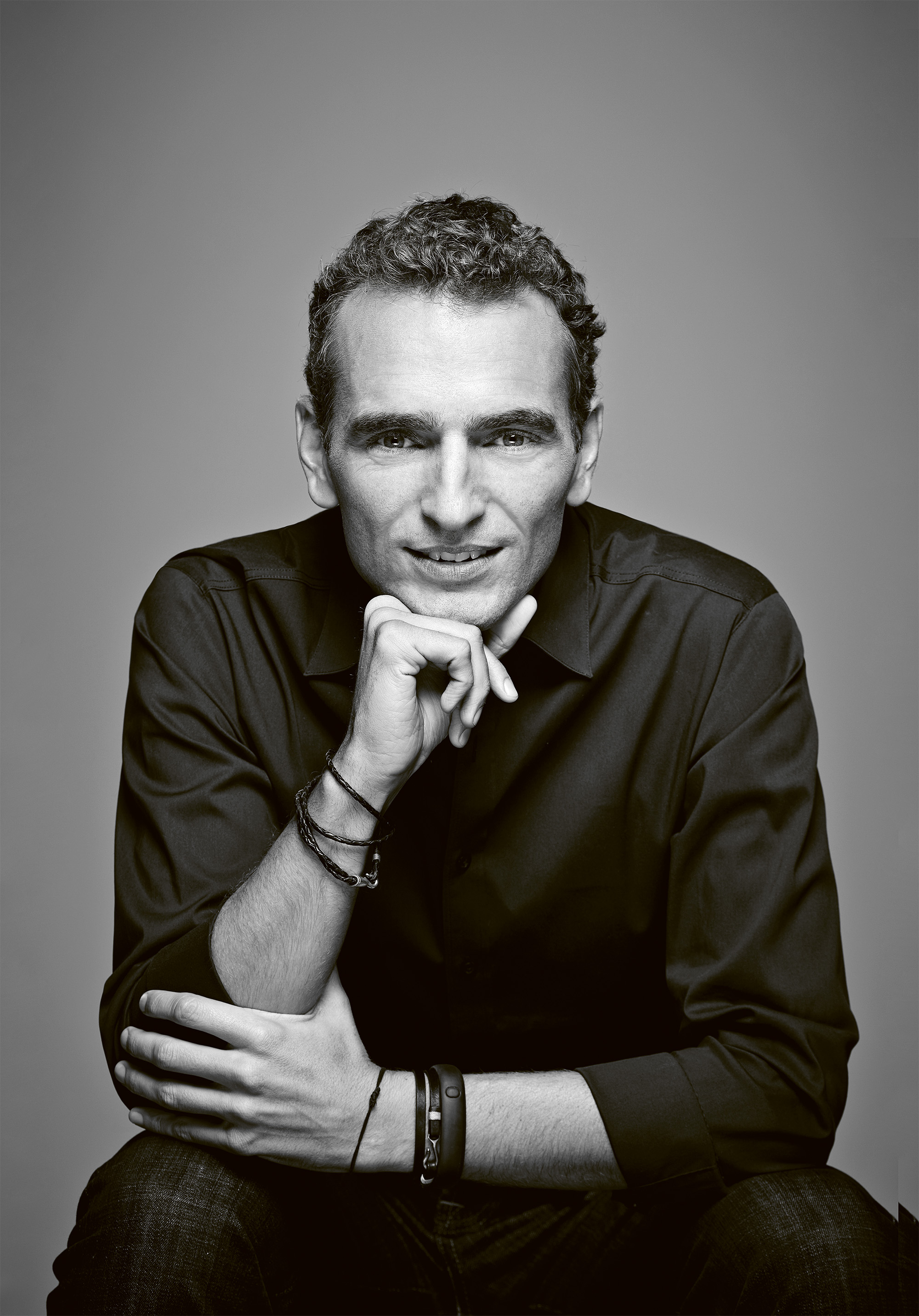
“Not everyone can give money, but this should not prevent people from making a contribution to social change.”

In the smartphone
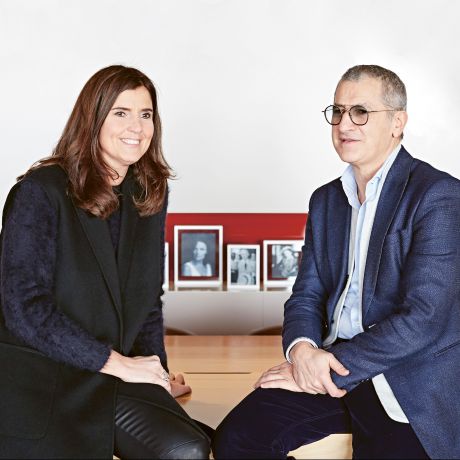
Face-à-face
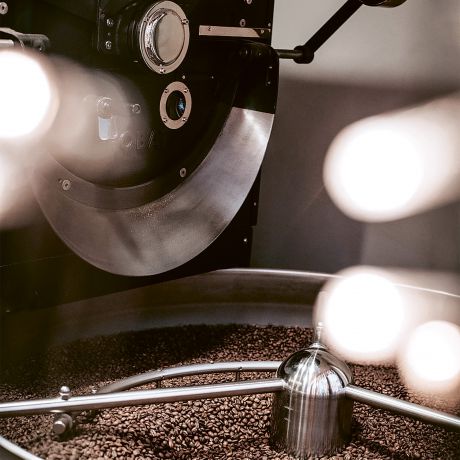
Behind the scenes
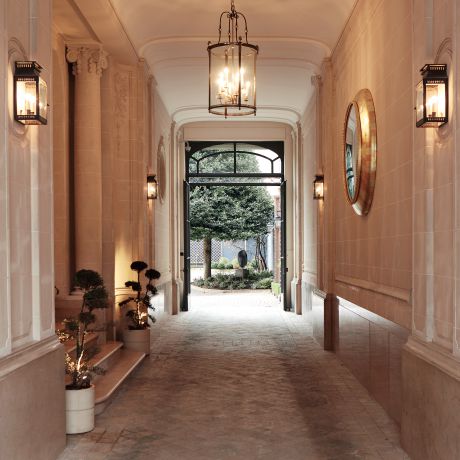
1 establishment, 3 crafts
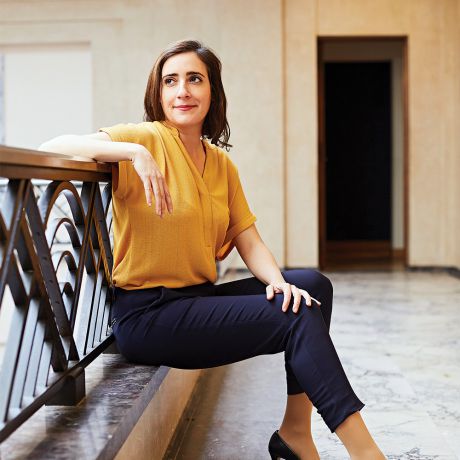
Expat
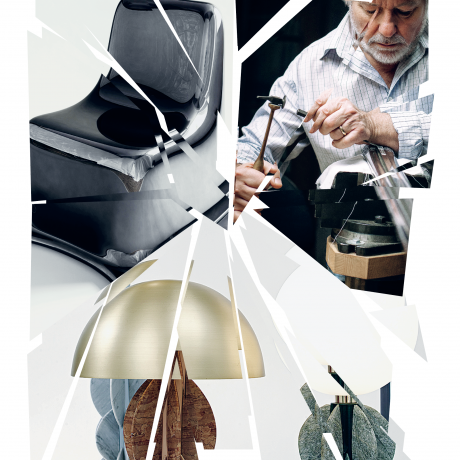
Values
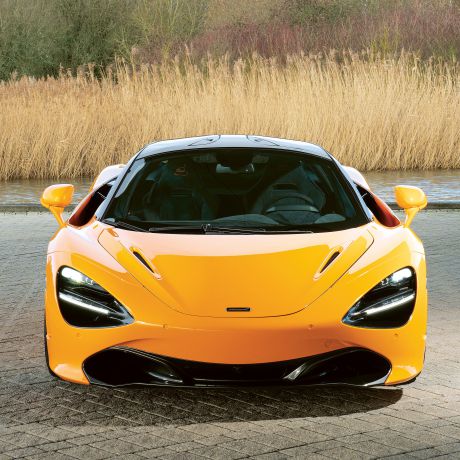
Beautiful racing cars
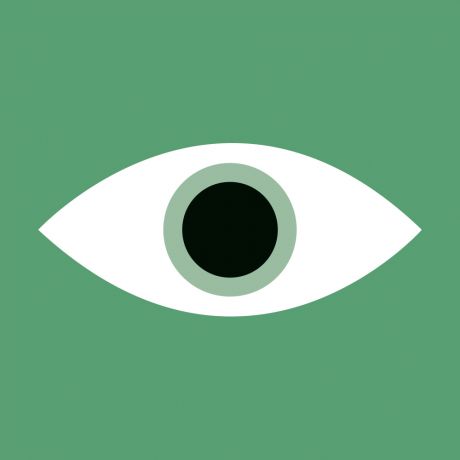
THE MOST BEAUTIFUL ONES